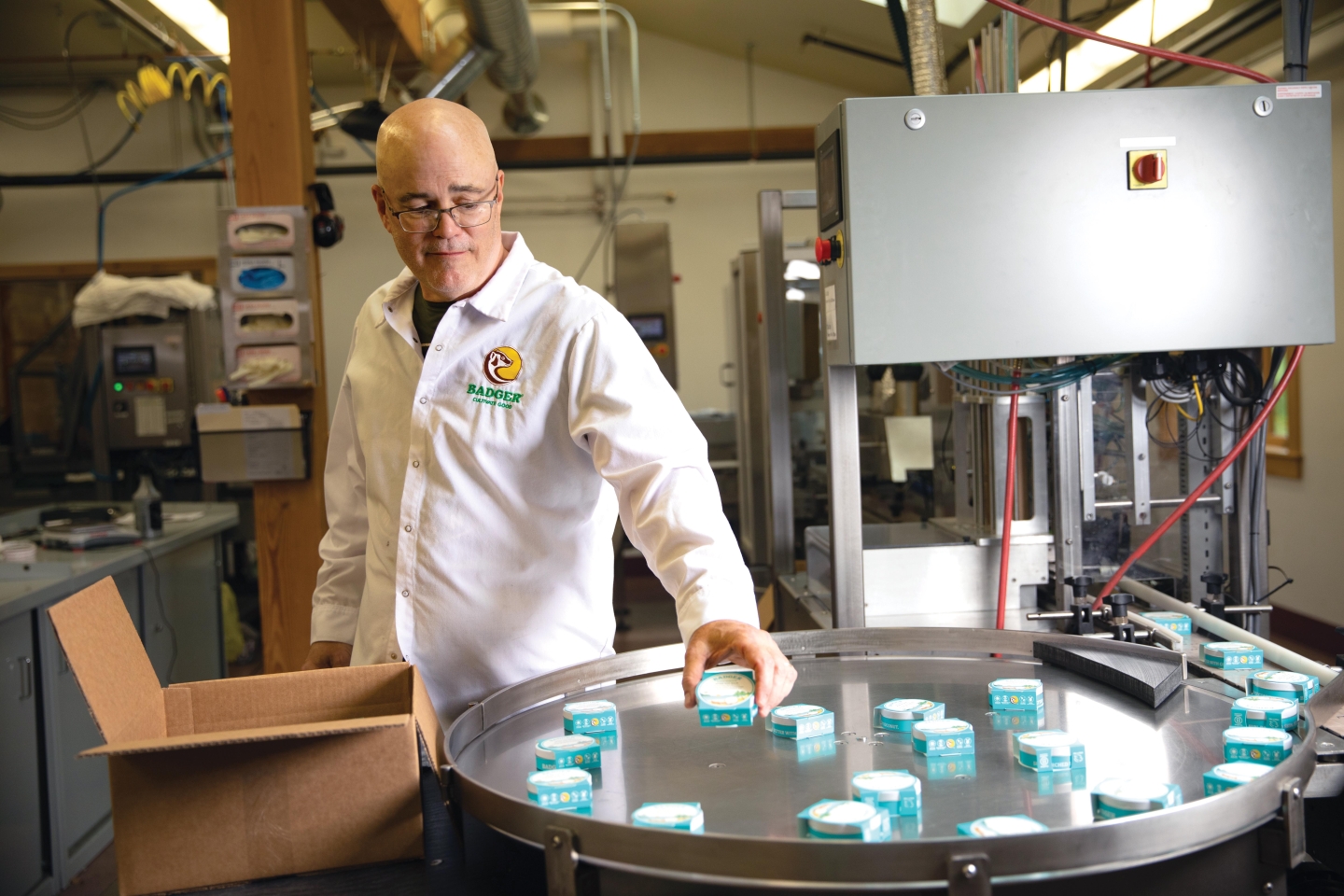
Illustration of a tavern scene dated between 1823 and 1859 (Courtesy of wikimedia.org)
Editor’s Note: This is a new quarterly feature in partnership with NH Humanities that examines the history of NH’s economy from different perspectives to provide more context for our current economy.
Running a successful bar in the Seacoast mecca of Portsmouth is an ambition for many. But when Eliza Harvey did so, Portsmouth was not the genteel tourist magnet it is today. Like many women today she had a challenging, fulfilling career running her own business, including working with a variety of customers and vendors, doing her own accounting, making sure she did not run afoul of stringent laws and industry regulations—all while taking care of her children who often joined her at work. She rose early and stayed up late. At times, there were too many demands on her finances and not enough available cash to meet them. Many of us can relate. But Eliza did it all in 18th-century Portsmouth when the city was a rough-and-tumble seaport.
When her husband, a ship’s captain, died in 1697, Eliza was already running a small business, which she decided to expand to provide for their children. She became the head of the household and her name was associated with any records of her business, providing a rare look into the life of a businesswoman in that era. Since her house was close to the docks and readily available to those arriving in Portsmouth, Eliza chose to apply for a license to run a public house (also known as a tavern) in 1697.
From modern assumptions, her choice might seem surprising as taverns had a reputation for violence and disorder, and the tavern keeper had to keep order. Yet with a good location, the right connections, and an appropriate building, women could compete with men for the limited licenses available for running a “public house of entertainment” in colonial NH.
However, Eliza could not simply set out a sign, take in guests, and serve liquor. Tavern keeping was highly regulated. To open a public house, the potential tavern keeper had to be a trusted member of the community whom the selectmen would willingly vouch for with the provincial government. Reputation counted. The provincial government then had to approve the tavern.
Finally, the tavern keeper had to post a bond guaranteeing their adherence to the laws governing taverns, liquor, and disorder. Yet Eliza surmounted all these potential obstacles and was granted a license, beginning a successful, multi-generational tavern in the Harvey home.
To keep her licenses, Eliza had to abide by the law that required that a public owner serve food, provide beds for travelers and lodging for their horses, and serve a mix of liquors. Laws at the time required all licensed houses to provide patrons with beer or cider but forbade tavern keepers from serving “any apprentice, servant or negro” without permission of their master. Other laws dictated when alcohol could be imbibed and no drinking was allowed on Sundays.
After receiving her license, Eliza’s tavern and home quickly became a center for the growing town of Portsmouth as well as a home for her children. Eliza’s public house, like most taverns, included meeting space, hosted music and lectures, and had an area for local notices. Community members gathered there to discuss town business and gossip, find refreshment, and read the mail and newspapers. Customers could find copies of important laws, notices of the next town meeting, or a posted list of local drunkards. Her public house served as a local gathering spot where community members and strangers were welcome and Eliza’s authority was respected.
Women in almost any time receive contradictory messages. The 18th century was no exception. Sermons and pamphlets regarding households and family life sent the clear message that women were to be subservient to men. But, simultaneously, tavern keepers were told it was necessary to be publicly assertive and were expected to help keep order in the community. Eliza Harvey managed to walk that fine line, caring for her children while working hard to run a successful tavern. She found a way to carve out a life resembling those of 21st Century women entrepreneurs when 18th century NH offered fewer opportunities for women, especially those who unexpectedly found themselves as single mothers. Working with and within customary bounds, Eliza Harvey operated one of the most successful taverns in the town.
Note: Part of this article was adapted with permission of the Trustees of the Dublin Seminar from Marcia Schmidt Blaine’s “Entertaining the Government: Female Tavern Keepers and the New Hampshire Provincial Government.”
Marcia Schmidt Blaine serves as chair of the NH Humanities board of directors. She is professor emerita of Plymouth State University and an historian of early America. She retired in 2021 is researching NH and the American Revolution. For more information about New Hampshire Humanities, visit nhhumanities.org.























